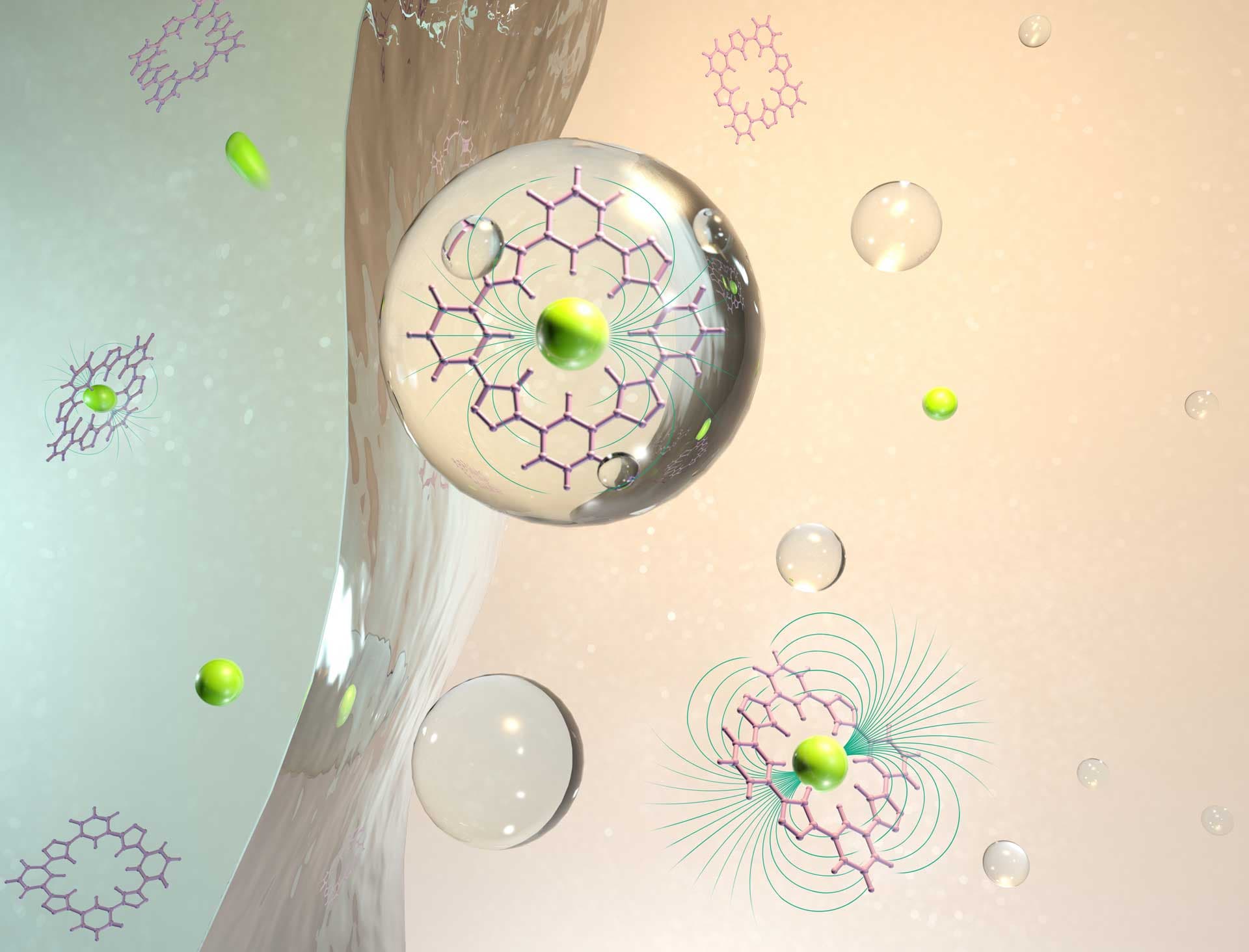Better Methodology
Researchers from Indiana University (IU) have developed a new chemical principle that could have a major impact on the way we store nuclear waste by improving our ability to predict how engineered molecules will behave once they're put into practice. The details of this study were published today in CHEM.
Chemists are already able to engineer molecules designed for the purpose of extracting other types of molecules, such as radioactive elements and chemical pollutants, from solutions. These "receptor molecules" consist of atoms arranged in a specific shape that leaves room for the target to attach itself and break away from its host.
However, these molecules are designed in laboratory conditions, so accurately predicting whether they will work as intended in "real world" solutions is difficult. The space intended for the target can be distorted or filled by other molecules within the solution, rendering it unusable for its intended purpose.
The IU researchers theorized that the environmental solution's dielectric constant — a measurement of its ability to stabilize electrical charge — determined the level of attraction between receptor molecules and negatively charged ion molecules. When they tested this theory using the molecule triazolophane to extract chloride from solutions, they found they were able to accurately predict the engineered molecule's effectiveness.
Safe Storage
As primary researcher Yun Liu noted in a press release, "The current paradigm only works for molecular designs on the drawing board, in theory, but we want to make molecules that will work in practice to help solve problems in the real world."
Truly, receptor molecules have almost innumerable real-world applications. They can be used to remove chloride from salt water as part of the desalination process, chemical pollutants from soil, or lithium ions from water for use in renewable energy systems.
Perhaps most significantly, they can be engineered to remove radioactive elements from nuclear waste.
Safety is always a concern when it comes to nuclear power, and while safe methods for disposing of nuclear waste have already been established, the process can be complicated and costly. Using this new principle, chemists will be able to make more informed decisions when they design receptor molecules to remove radioactive elements from nuclear waste.
These improved designs could significantly reduce the volume of those radioactive materials and lead to improved storage methods for them, thus making nuclear energy an even more attractive alternative to environment damaging fossil fuels.
Share This Article
